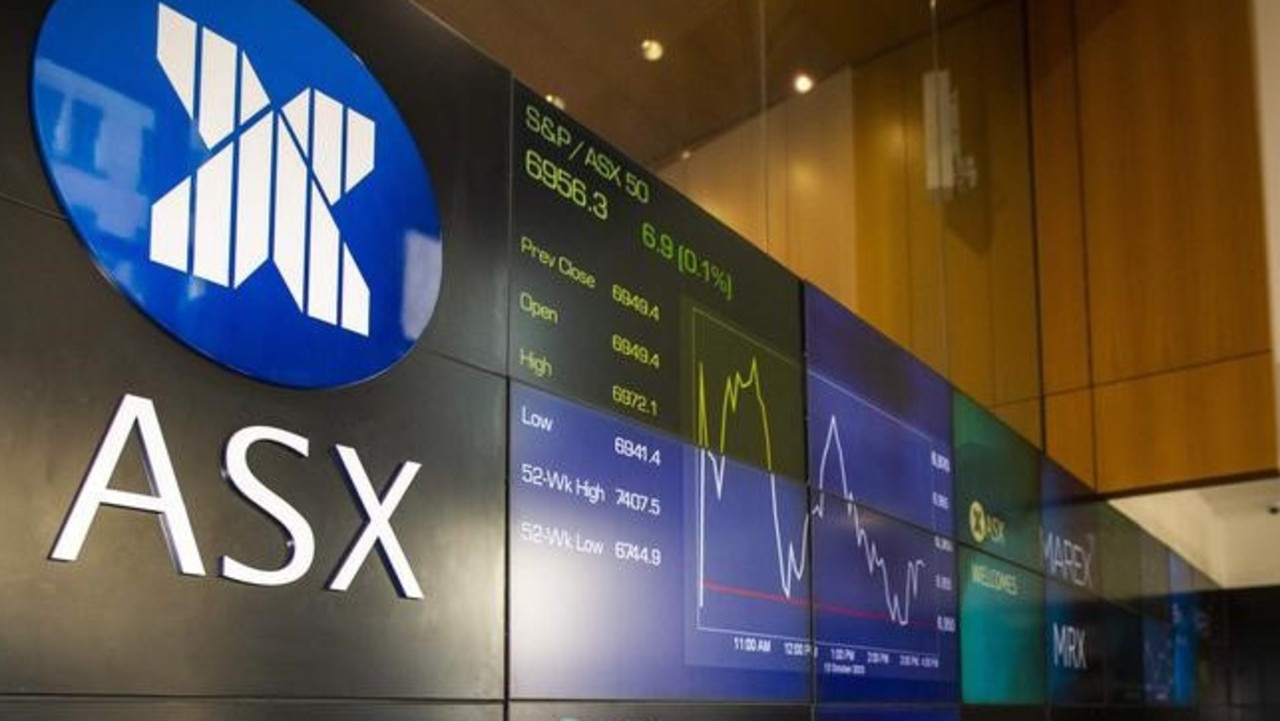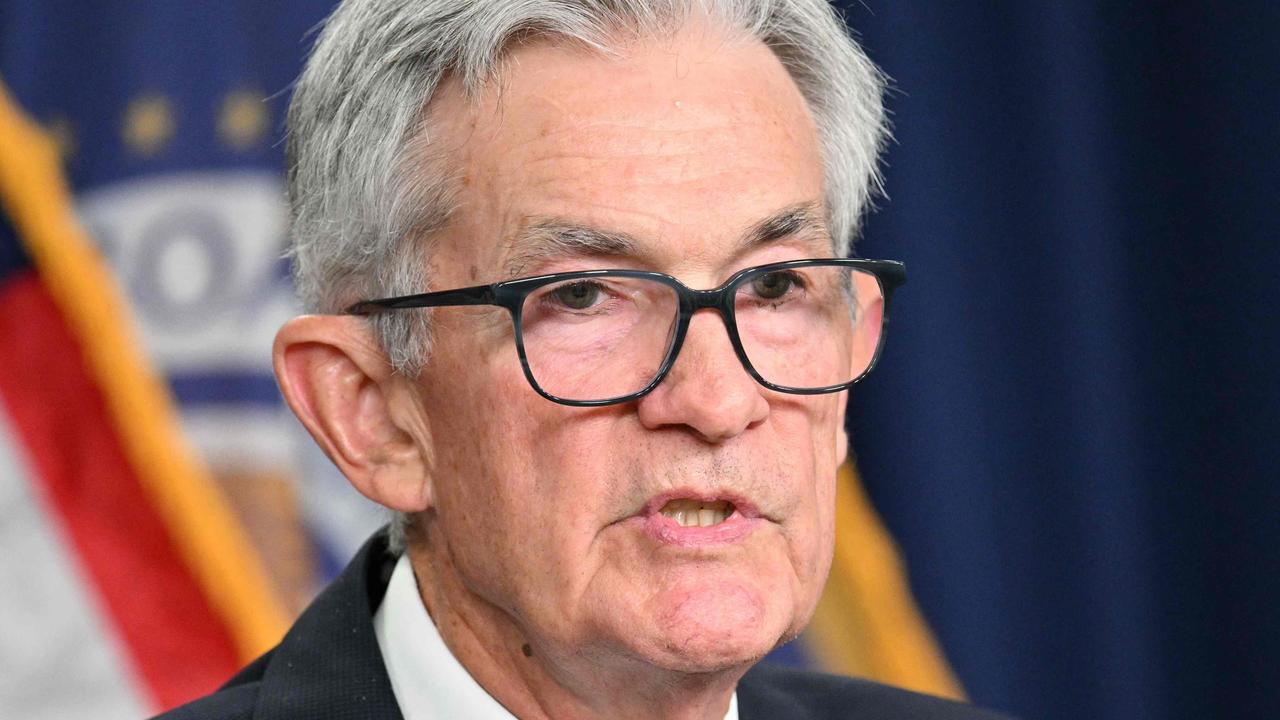Is Jeremy Corbyn’s policy for free university education as crazy as it sounds?
THE young people in the UK have spoken and what they want is free university education. So is it possible? And can Australia do the same?
WITH Prime Minister Theresa May still trying to cobble together a coalition and cling to power, some are shocked at the rise of an opponent whose policies were once described as crazy.
Labour Party leader Jeremy Corbyn was once seen as unelectable but his success during last week’s poll shows he has struck a nerve with voters.
Mr Corbyn is even insisting: “I can still be prime minister” as the Prime Minister struggles to strike a deal with the Northern Irish Democratic Unionist Party (DUP).
The 68-year-old has promised to boost spending after seven years of austerity, to raise taxes on corporations and the wealthy, while increasing funding for schools and the National Health Service.
One of his most ambitious policies, which may have encouraged large numbers of young people to vote, was his promise scrap university tuition fees from 2018 and possibly cancel debts incurred by recent graduates.
Young people in particular liked the sound of Mr Corbyn’s policies, not surprising considering they have borne the brunt of austerity measures embraced by Conservative-led governments since 2010, said Tim Bale of Queen Mary University of London.
“They’re worried about housing, tuition fees, the gig economy, stable jobs — it’s no surprise they are fed up,” he said.
Voter turnout in the election was up from 66 per cent in 2015 to almost 69 per cent, and half a million more young people registered to vote than before the last election.
Mr Corbyn has promised to govern “for the many, not the few” but can he really deliver?
WHERE WILL HE GET THE MONEY FROM?
The Labour leader said he would fund his generous education and health policies by increasing taxes on the top 5 per cent of earners and increasing corporations tax.
Mr Corbyn has said he will increase income tax for people earning more than £80,000 ($A134,000), bring the threshold for the 45 per cent rate of income tax down from £150,000 to £80,000 and introduce a new 50 per cent tax on those earning more than £123,000.
The corporate tax rate would be lifted from 20 per cent — the lowest among the G7 — to 26 per cent. This is just higher than China’s rate of 25 per cent but lower than Australia’s rate of 30 per cent (although the government plans to reduce this to 25 per cent).
Mr Corbyn would also provide extra resources for officials to chase those who aren’t paying their taxes.
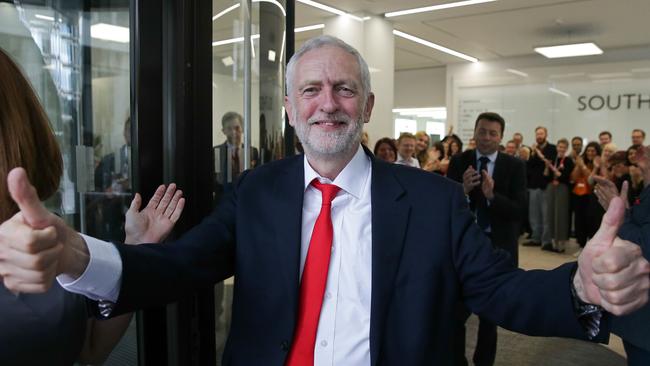
In a 2015 policy paper Mr Corbyn said he could also potentially raise £120 billion ($AU201 billion) in tax revenues each year from clawing back tax debt, and cracking down on tax avoidance and tax evasion.
In its manifesto, Labour has estimated it could raise £49 billion per year from taxing the “rich” and companies, more than covering the cost of the £9.5 billion university policy.
But think tank Institute for Fiscal Studies has challenged this, saying there could be a £9 billion shortfall because Labour’s calculation included “factual mistakes” and “optimistic assumptions”.
“Their proposals could be expected to raise at most £40 billion in the short run, and less in the long run,” the IFS research concluded.
Mr Corbyn has rejected this analysis and Labour’s Shadow Chancellor John McDonnell said: “We believe the IFS has underestimated the revenue raising effectiveness of some of the tax changes we would make, but we recognise the potential for uncertainty which is why we have allowed headroom in our plans”.
Many advanced economies have a greater tax burden than the UK #ge2017 pic.twitter.com/0voT4HGwnI
— IFS (@TheIFS) May 26, 2017
CAN HE REALLY MAKE UNI FREE?
In a Guardian column, professor of higher education Peter Scott at the Institute of Education, said a return to free education was “perfectly possible”.
Prof Scott noted the government provided nearly all the upfront funding and the cost of free tuition would be the price of forgiving half the existing student loan debt that may possibly be recouped from students.
About 45 per cent of student loans are being written-off each year.
“Even that would be in the future, not now. It would not cost billions to get rid of tuition fees,” he said.
There would also be a positive impact, in terms of extra tax revenue and spending power, produced by relieving students of the debt burden.
“Think also of the potential positive impact in terms of morale among graduates, and on their increased appetite for innovation — which even this government recognises is badly needed in a Britain where productivity has stagnated or even gone into reverse,” he said.
In Labour’s manifesto, it was noted the British average student now graduates from university, and starts their working life, with debts of £44,000 ($AU73,905).
It also notes university tuition is free in many northern European countries.
Glenn Withers, professor of economics at the Australian National University and University of NSW, said this was true.
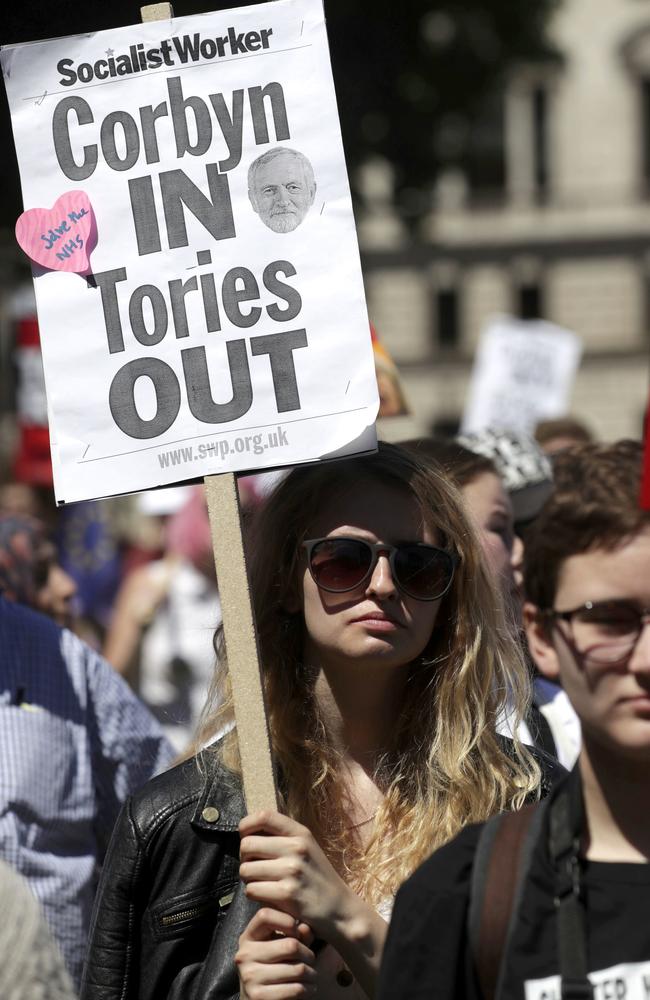
“Essentially northern European countries such as the Scandinavian countries including Norway, Denmark and Finland, plus Germany and Austria, are free of tuition fees to EU citizens,” Prof Withers told news.com.au.
“Mediterranean countries do however often have some fees, though they are usually highly subsidised, for example, France, Spain, Italy.”
BUT WHAT’S THE REAL PROBLEM?
Despite the promises, Prof Withers noted there was no such thing as “free”.
“Someone has to pay, whether that’s taxpayers or the families and individuals in the education process,” he said.
By providing free university education, this means taxpayers who don’t go to uni, have to pay for others to benefit.
While offering free education was obviously appealing to young people, Prof Withers said the popularity of the policy could actually be a reflection of cost of living pressures including housing affordability and slow wages growth.
“Five years ago the pressure on young people was not as great as it is now which is why they might be favouring policies such as this,” he said.
“If attitudes are hardening and people are thinking of new ways of voting because of difficulties with their budgets, why not fix up housing and leave university arrangements?”
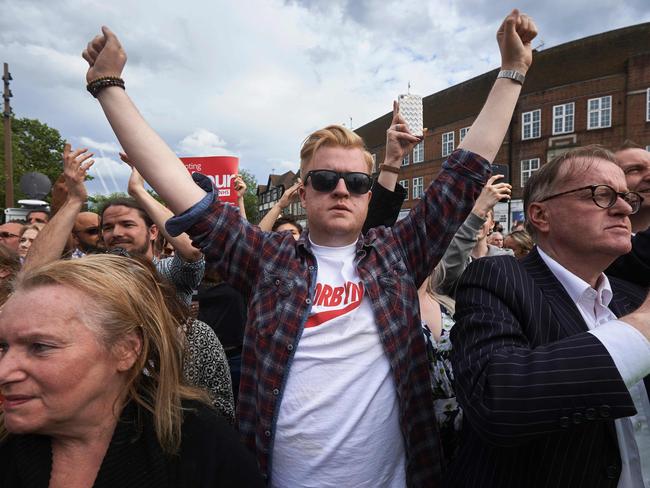
Prof Withers said Australia’s deferred fee-paying system acknowledges that students benefit from university studies, with the average graduate getting a $1.5 million benefit on average over their lifetime compared to others that don’t do further studies.
But it also acknowledges that the public also benefits.
Prof Withers said there had been a lot of studies about the exact ratio but the consensus so far found a 50/50 benefit split between the student and the public.
“The general taxpayer benefits from those who have studied and done well at university, who pay high taxes and there are also spillover effects — including that graduates look after themselves, they pay attention to public health messages and so you save money on health,” he said.
Providing free education would also put pressure on government finances, which is likely to lead to restrictions on the number of students going to university.
— With AP


